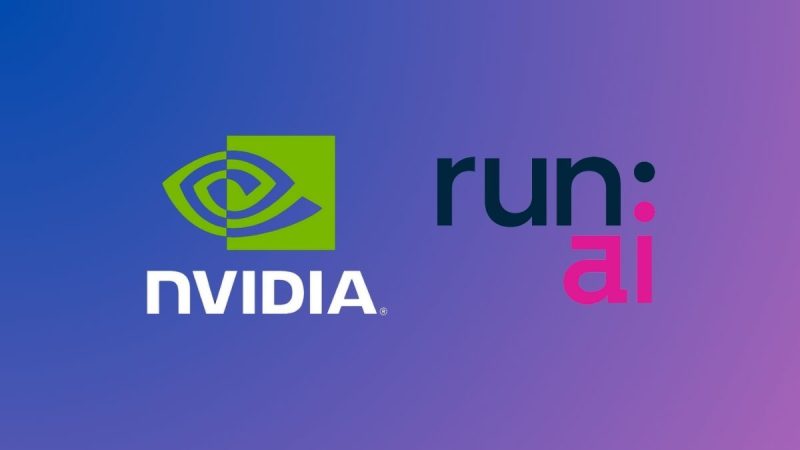Nvidia has wrapped up its deal to buy Israeli AI company Run:ai. Reports say the value of the deal rose to about $800 million, higher than early estimates of $700 million. Out of that sum, $200 million is designated for employee retention in Nvidia shares. These shares have increased in value since the agreement was first announced.
What Run:ai does
Run:ai’s software helps organizations get more out of their GPUs. It allocates workloads across data centers, the cloud, or other setups, saving resources and time. The founders, CEO Omri Geller and Dr. Ronen Dar, say their platform will stay open and expand to cover more than just Nvidia chips. “Today, we are thrilled to officially join the NVIDIA team,” they wrote. They called this deal “the beginning of an exciting new one in a new home.”

Why would Nvidia want Run:ai?
Hardware alone isn’t enough for advanced AI tasks. If organizations don’t manage GPUs effectively, they underutilize them. The deal gives Nvidia a stronger position in AI infrastructure. At the same time, the plan to open source Run:ai’s software suggests they’re hoping to include a wider crowd. Their aim is to attract not just Nvidia users.
Looking ahead
The founders plan to keep Run:ai’s base in Israel, joining Nvidia’s large presence there. They also promise to keep partnerships with other industry players, ensuring they won’t cut ties outside the Nvidia family. Will this approach keep AI development open to everyone, or will it centralize more power under one roof? Time will tell.
For now, Run:ai seems glad to become part of Nvidia. “While our colors will change from pink to green, our commitment…remains unwavering,” they said. They believe AI and GPU technology will keep progressing. Their goal is to help developers and businesses make the most of those tools.
The acquisition highlights the growing importance of good software. Shiny hardware can’t do it all without smart orchestration. Letting people share resources in flexible ways is a big plus, especially as AI gains traction. The open-source idea allows smaller players in the AI field to gain, too.
